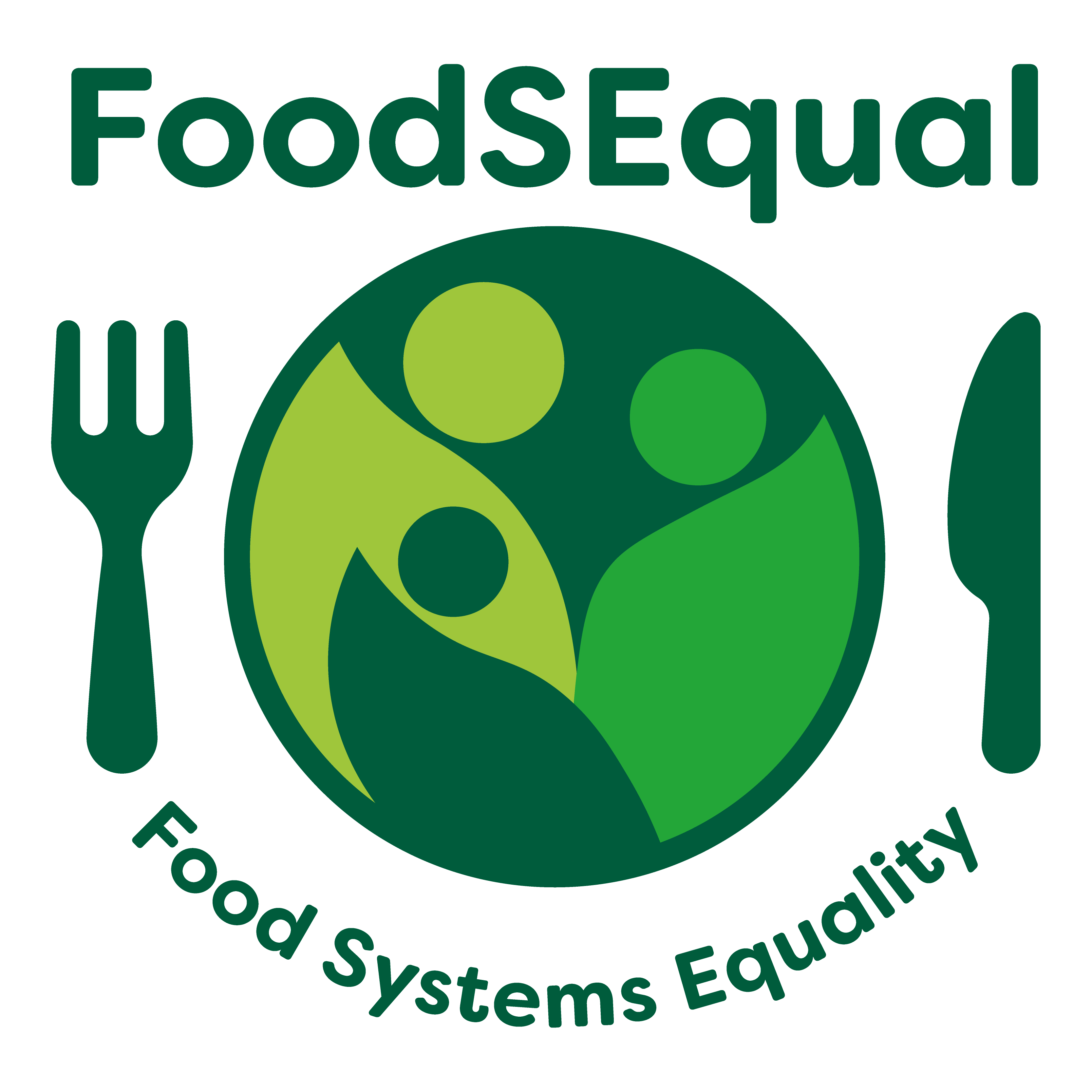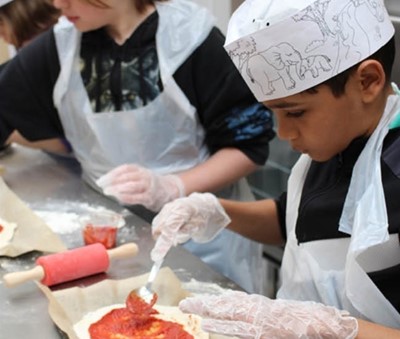Whitley CDA reflect on the challenges of providing holiday food to local young people during the half-term break. ‘FixourFood, a fellow consortium within the ‘Transforming UK Food Systems’ SPF, conducted research in 2021 that helped facilitate the extension of the ‘Holiday Activities and Food (HAF) programme for a further three years.
Whitley Community Development Association (CDA) is a small neighbourhood-based charity in Reading. In the latest Index of Multiple Deprivation this area was ranked 6,087 out of 32,844 in England, where 1 was the most deprived and 32,844 the least. Out of the 16 wards in Reading, Whitley is the most deprived ward with 31.6% of children in Whitley at risk of living in poverty. More than 63% of the working age population are in work, making Whitley an example of having a high density of in-work poor and JAMs – those who are Just About Managing. The CDA has seen an increase in JAMs and others seeking support from its food surplus outlet in recent weeks and months as food and energy price rises are starting to hit hard and more people, even those in work, are forced to choose between heating and eating.
The CDA has applied to the local authority to access funding from the Holiday Activities and Food (HAF) programme 2022 to provide food and holiday activities for young people aged 5-14. This will provide vital support for families who are already struggling and who rely on free school meals during term time to make sure that their children can access at least one hot meal per day during the holidays. Local authorities are asked to ensure that the offer of free holiday club provision is available for all children in receipt of benefits-related free school meals in their area and the funding enables the voluntary and community organisation sector to “coordinate and provide free holiday provision including healthy food and enriching activities”. So far, so good and what’s not to like about children having access to decent healthy food and the chance to have some fun with their friends whilst school’s out?
The application for HAF funding came with many pages of guidance including lots on food provision. Things such as: ‘brand ketchup or mayonnaise may only be available on the day you provide chips’; ‘permission is needed if you use pre-peeled or frozen potatoes’; ‘all fruit, veg and salad should be class 1 standard’ go considerably beyond the national guidance which says only that ‘condiments must be limited to sachets or portions of no more than 10g or one teaspoonful’; ‘making sure that providers and children are involved in the planning and preparation of food’; ‘use fresh, sustainable and locally-sourced ingredients’ in response to these aspects.
The CDA has close relationships with local outlets of national food suppliers e.g. Morrisons, Marks and Spencer, Brakes food service and Bidvest. Through these relationships, the CDA averts food waste at the same time as providing families with access to a wide range of food. For families living in poverty, price is always the key decision maker, however much someone may have an aspiration to support a sustainable or healthy diet. To quote a local parent, “I shop with what’s available in my purse, not what’s nutritionally or ethically best.” The choice for many families is between something and nothing to eat, not about high or low food miles, organic vs conventional fruit and veg.
Whilst the aims of the local authority are laudable, they highlight a misunderstanding about what it is like to exist in food poverty. It isn’t about choosing a healthy option over something high in salt, fat and sugar – most of the time it is about not having a choice. The HAF funding should enable community groups to continue work with their existing partners and to build on the trust that they already have with their local families. There are many ways to improve the health and sustainability of diets, and they are not all to do with introducing a wide variety of expensive Class I foods that will be unattainable to those families when the HAF funding ends. The CDA (and volunteer groups like it) need to be given the freedom to apply the school food standards in ways that work in the long term for their areas. Food poverty often brings a lack of food confidence in how to prepare and cook food or in trying new things – why would you buy something that might end up in the bin? The HAF gives an opportunity to engage parents and children in cooking and eating food that uses familiar ingredients that are affordable, accessible and, dare I say it, pleasurable to eat. Yes, that might include frozen or tinned vegetables, but these often have good sustainability credentials, are affordable, have a long storage life, and fit with lifestyles where parents are often working three jobs to try to make ends meet. Far better to show our children that they can make delicious meals that they can afford to carry on making when the school term starts again.
Trisha Bennett, Community Development Coordinator, 21st February 2022


